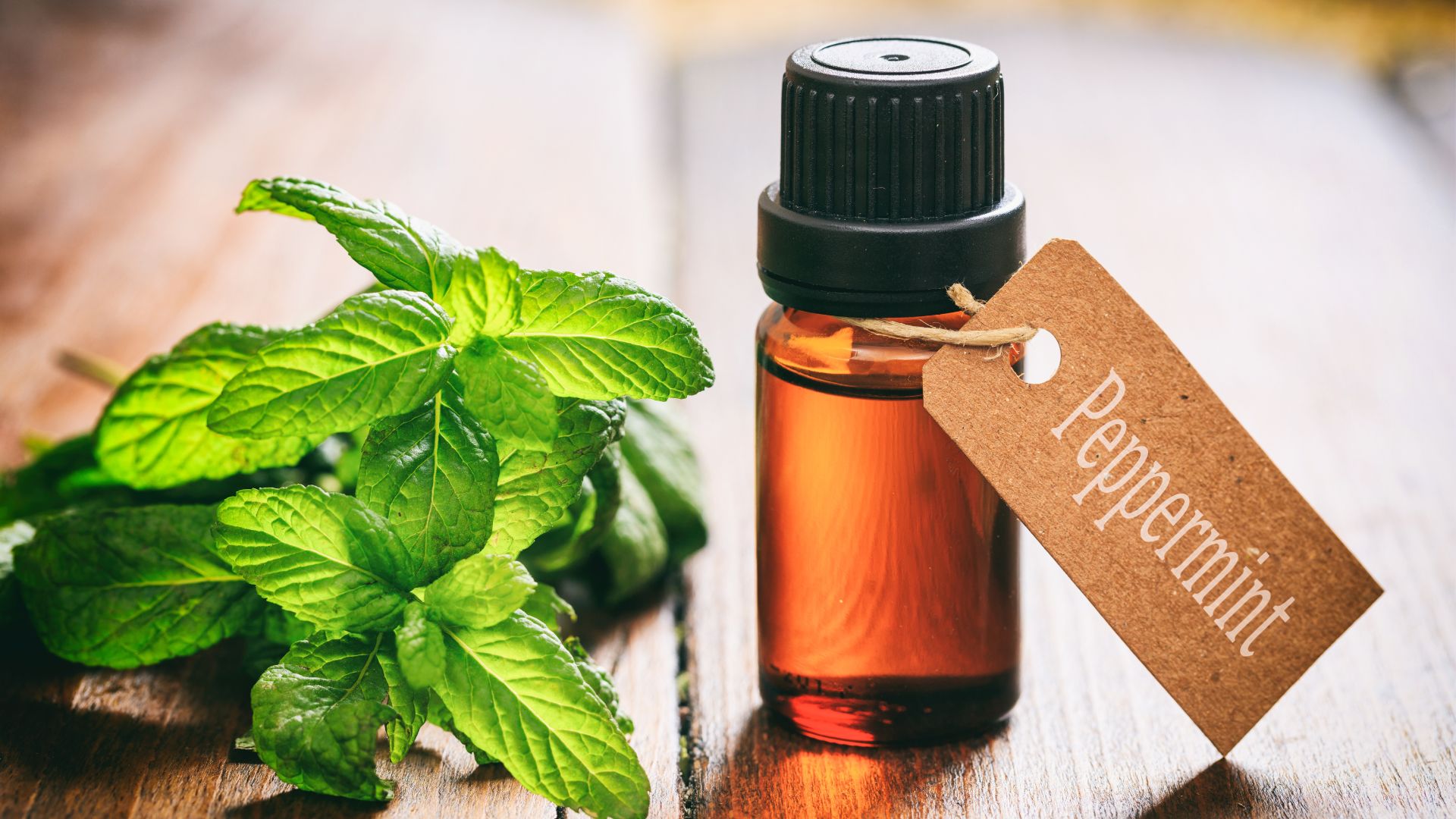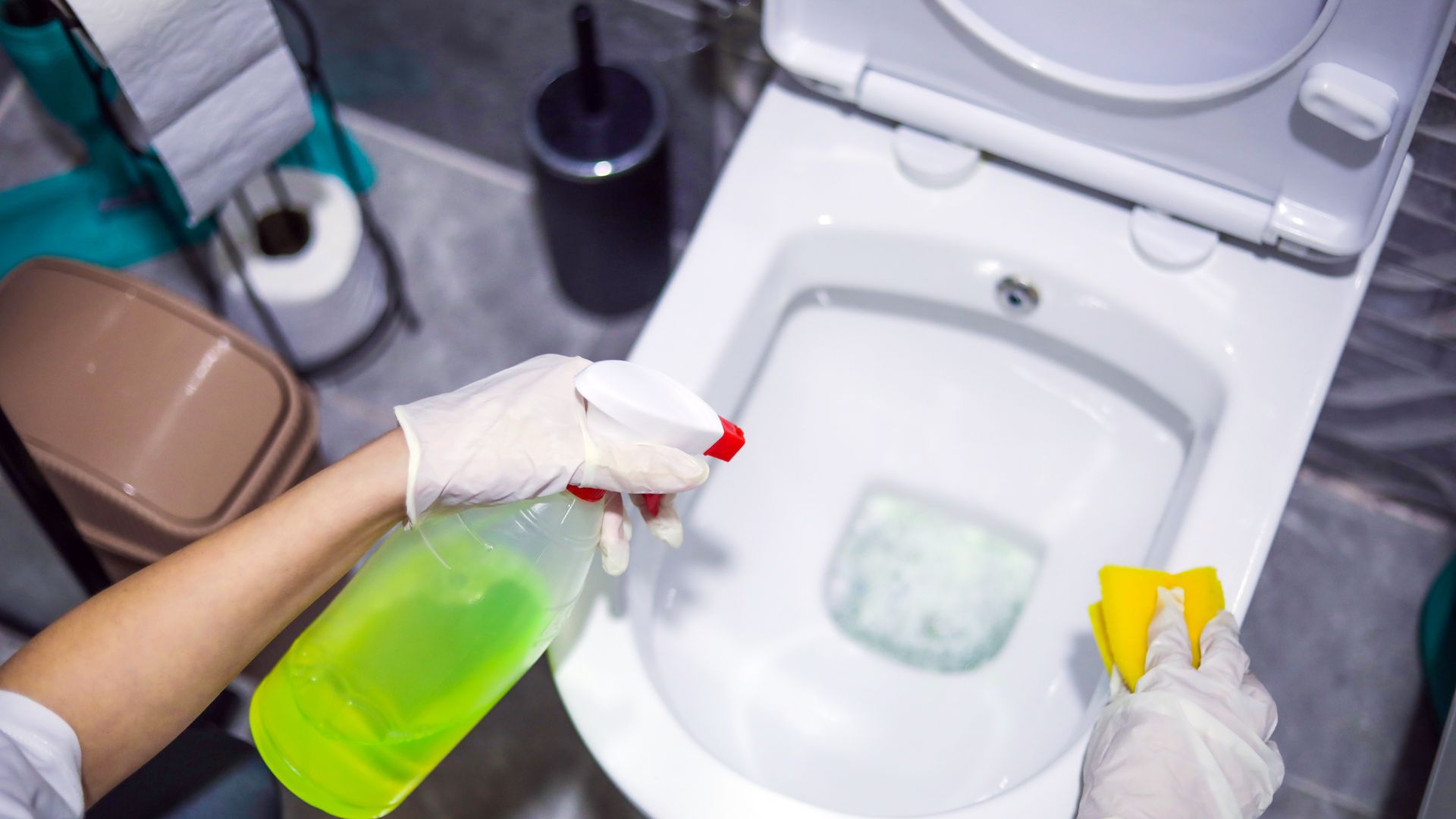Dogs possess an extraordinary sense of smell, far more powerful than humans. Their ability to detect and differentiate between various scents is what makes them excellent companions in fields like search and rescue, hunting, and even medical detection. However, this super-sensitive nose means they can also be highly reactive to certain smells that we might not even notice or find pleasant.
Understanding the smells that dogs hate can help pet owners ensure their homes and environments are as comfortable as possible for their canine companions. In this article, we’ll explore the top 10 smells that dogs hate or tend to dislike and why these scents can be so off-putting to them.
Why Do Dogs Hate Certain Smells.
The Biology Behind a Dog’s Sense of Smell
Dogs have up to 300 million olfactory receptors in their noses, compared to about 6 million in humans. This gives them a sense of smell that is estimated to be 10,000 to 100,000 times more sensitive than ours. Their brains are also wired to process these smells much more efficiently, with a significant portion dedicated to analyzing scents.
How Dogs’ Noses Work Differently from Humans
A dog’s nose is uniquely designed to trap and process smells. Unlike humans, dogs can sniff continuously, pulling air in and out simultaneously. This allows them to detect even the faintest odors, which might explain why they react so strongly to certain scents that seem harmless to us.
1. Citrus fruits scents
1.1 Why Dogs Dislike Citrus scents
Citrus fruits like oranges, lemons, and limes have a sharp, tangy scent that many people find refreshing. However, for dogs, this smell is often too intense and can be overwhelming. The strong acidic aroma can irritate their sensitive noses, leading them to avoid areas where citrus is present.

1.2 Examples of Citrus Fruit Smells That Dogs Hate
- Lemon-scented cleaners
- Orange peels left in the trash
- Citrus-scented air fresheners
2. Vinegar
2.1 How Vinegar Affects Dogs
Vinegar is commonly used in household cleaning products due to its strong disinfecting properties. While it’s effective at killing germs, its pungent smell can be highly unpleasant for dogs. The acetic acid in vinegar has a sharp, biting odor that can cause discomfort or even mild irritation in dogs.

2.2 Common Situations Where Vinegar Is Present
- Cleaning floors or surfaces with vinegar
- Using vinegar as a fabric softener alternative
- Spraying vinegar to deter pests
3. Hot Peppers
3.1 The Strong Scent of Capsaicin
Hot peppers contain capsaicin, a compound that gives them their spicy heat. While capsaicin doesn’t have much of a scent to humans, dogs can pick up on its intense aroma. The sharpness of hot peppers can cause a burning sensation in a dog’s nose, making them recoil from the scent.

3.2 Why Dogs Hates Smell of Hot Peppers
Dogs may sneeze, rub their noses, or exhibit signs of discomfort when exposed to the smell of hot peppers. It’s essential to keep hot peppers and foods containing them out of reach of your dog to avoid unnecessary distress.
4. Ammonia-Based Cleaners
4.1 The Harshness of Ammonia
Ammonia is a potent chemical commonly found in household cleaners, particularly those designed for glass or bathroom surfaces. The smell of ammonia is not only strong but can also mimic the scent of urine to a dog. This can cause confusion or distress, as dogs may interpret it as the presence of another animal.

4.2 Impact on a Dog’s Sensitive Nose
The strong odor of ammonia can cause irritation in a dog’s nasal passages, leading to discomfort or even respiratory issues. It’s best to use pet-safe cleaners that don’t contain ammonia to ensure your dog’s well-being.
5. Alcohol
5.1 Why Alcohol Is Repulsive to Dogs
Alcohol, found in products like hand sanitizers, cleaning solutions, and even some medicines, has a strong, sharp odor that dogs find offensive. The ethanol in alcohol can irritate their nasal passages and may even be harmful if ingested.

5.2 The Danger of Alcohol Around Dogs
Ingesting alcohol can be dangerous for dogs, leading to symptoms like vomiting, disorientation, and in severe cases, respiratory failure. Always keep alcohol-based products out of reach of your pets and use alternatives when possible.
6. Nail Polish Remover
6.1 The Pungent Scent of Acetone
Nail polish remover typically contains acetone, a chemical with a very strong and distinctive smell. This scent is unpleasant to dogs and can cause them to sneeze or pull away when they encounter it.

6.2 Potential Health Risks for Dogs
In addition to being unpleasant, the fumes from acetone can be harmful to dogs if inhaled in large quantities. It’s crucial to use nail polish remover in well-ventilated areas away from your pets.
7. Mothballs
7.1 The Chemical Smell of Naphthalene
Mothballs are used to protect clothing from moths and other pests, but they contain naphthalene, a chemical with a very strong odor. This smell is highly repulsive to dogs and can cause severe reactions if they come into contact with it.

7.2 Risks Associated with Mothballs
Naphthalene is toxic to dogs, and ingestion can lead to serious health issues, including liver damage and seizures. Always store mothballs in a secure location away from your pets.
8. Perfumes and Colognes
8.1 Overwhelming Synthetic Fragrances
Perfumes and colognes are designed to be long-lasting and highly fragrant, but what smells lovely to you might be overwhelming to your dog. The synthetic chemicals used to create these scents can be too intense for a dog’s sensitive nose.

8.2 Why Your Dog Might Hate Your Favorite Scent
Dogs may react to perfumes and colognes by sneezing, pawing at their faces, or avoiding you altogether if the scent is too strong. It’s a good idea to apply these products sparingly, especially if your dog is nearby.
9. Essential Oils
9.1 Strong Odors from Certain Essential Oils

9.2 Oils That Are Particularly Problematic for Dogs
- Tea Tree Oil
- Eucalyptus Oil
- Peppermint Oil
These oils can cause symptoms like drooling, vomiting, and lethargy if ingested or inhaled in large amounts. Always consult with a veterinarian before using essential oils around your pets.
10. Cleaning Products with Strong Odors
10.1 The General Dislike of Strong Chemical Smells
Many cleaning products contain strong chemicals designed to eliminate odors and kill germs. However, these powerful smells can be off-putting to dogs and may cause them to avoid certain areas of your home.

10.2 How to Choose Dog-Friendly Cleaning Products
Look for cleaning products that are labeled as pet-safe and free of harsh chemicals. Natural alternatives like baking soda and vinegar (used sparingly) can be effective without overwhelming your dog’s senses.
Conclusion
Understanding the smells that dogs hate is essential for creating a comfortable and safe environment for your furry friend. While some of these scents are common in everyday life, being mindful of your dog’s sensitivities can go a long way in ensuring their happiness and well-being. By avoiding these smells and opting for dog-friendly alternatives, you can help your pet feel more at ease in their surroundings.
FAQs
Q1. How can I tell if a smell is bothering my dog?
Answer: Look for signs like sneezing, pawing at the nose, or avoiding certain areas. These behaviors may indicate that a scent is too strong or unpleasant for your dog.
Q2. Are there any smells that dogs particularly like?
Answer: Yes, dogs tend to enjoy the scent of things like meats, certain herbs, and their owner’s natural scent. However, preferences can vary from dog to dog.
Q3. Can certain smells actually harm my dog?
Answer: Yes, strong chemicals like ammonia, naphthalene, and certain essential oils can be harmful to dogs if inhaled or ingested in large amounts.
Q4. What should I do if my dog reacts negatively to a smell?
Answer: Remove the source of the smell and provide fresh air. If your dog shows signs of distress, consult your veterinarian.
Q5. How can I make my home more comfortable for my dog?
Answer: Use pet-safe cleaning products, avoid strong perfumes, and be mindful of your dog’s reactions to new scents. Creating a scent-free zone can also help your dog relax.

